How to apply ISO 26000 - insights from global experts
2019-07-01GoldenBeeGoldenBee0
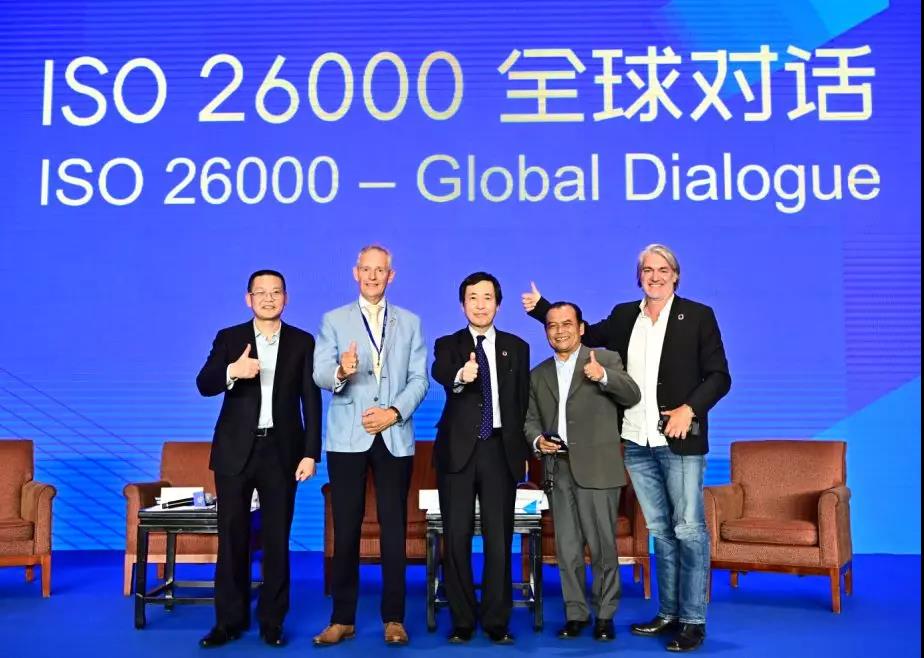
Bob Dylan once wrote in his masterpiece Blowing In The Wind, “How many roads must a man walk down, before they call him a man.” The lyrics reveal the challenges a person or thing must experience after birth, and their tireless pursuit of goals.
ISO 26000:2010 - Guidance on social responsibility (shorted as ISO 26000 or the Guidance), from the initial unknown stage to the global promotion stage, and then to today's fame, has been translated into 29 languages since its publication. More than 82 countries (regions) have translated it into their own national (regional) standards.
ISO 26000-Global Dialogue, as a theme session of the 14th International CSR Forum, was held in Shangri-La Hotel Beijing on June 13, 2019. The Dialogue was moderated by Yin Gefei, Founder and Chief Expert of GoldenBee, and invited Hans Kröder, Vice Chair of ISO 26000 Stakeholders Global Network, Suharman Noerman, Vice Chair of ISO 26000 Stakeholders Global Network, Masao SEKI, Steering Committee Chairman of Council for Better Corporate Citizenship (CBCC) and Daniel Steinholz, Member of Sustainability Committee, Swedish Institute for Standards (SIS) to discuss the global application of ISO 26000 together.
ISO 26000 Global Microcosms
The Netherlands
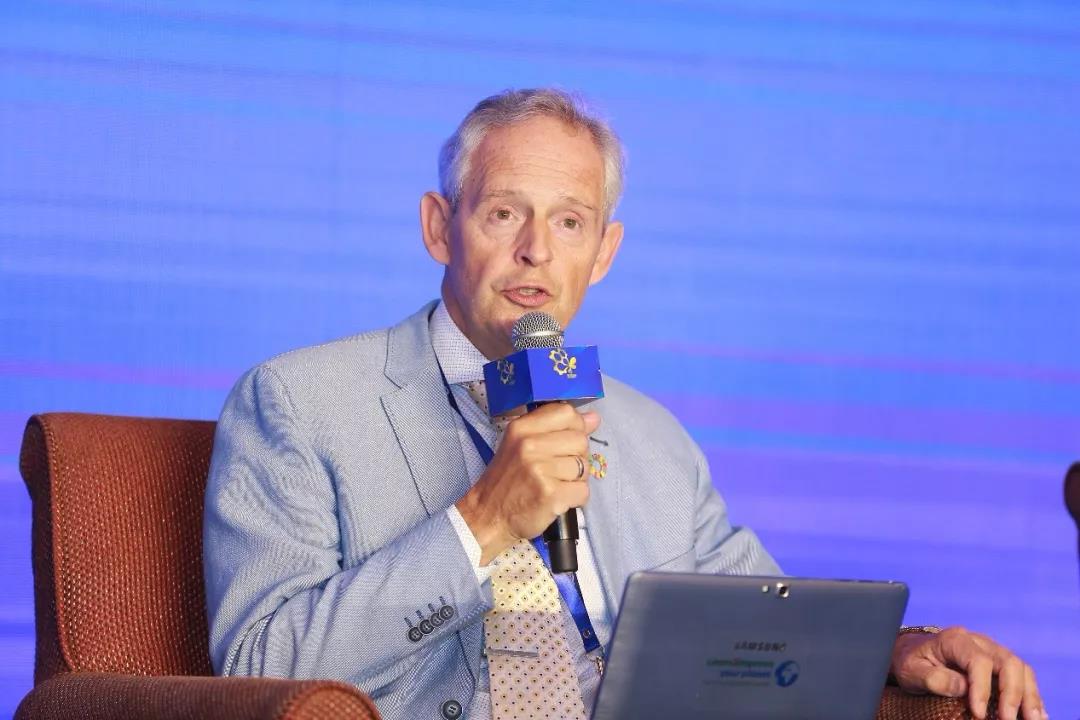
Mr. Kröder shared the development of ISO 26000 in the Netherlands. ISO 26000 is the most important CSR standard in the Netherlands, and it is also the basis for the Dutch government to formulate relevant policies.
The Netherlands ISO 26000 Committee has set up a working group to serve SMEs. As early as the release of ISO 26000 in 2010, more than 100 Dutch private enterprises began to use this tool to communicate with stakeholders. Since then, the Ministry of Economic Affairs and Climate Policy of the Netherlands has also set up an external expert committee to bring the industries of food, agriculture, medical and other industries that have significant social impact into the research framework of ISO 26000.
In March 2017, the Dutch government adopted a sustainable procurement standard, paving the way for the implementation of ISO 26000. At the same time, ISO 26000 is also an important part of the national sustainable development methodology of the Netherlands.
Japan
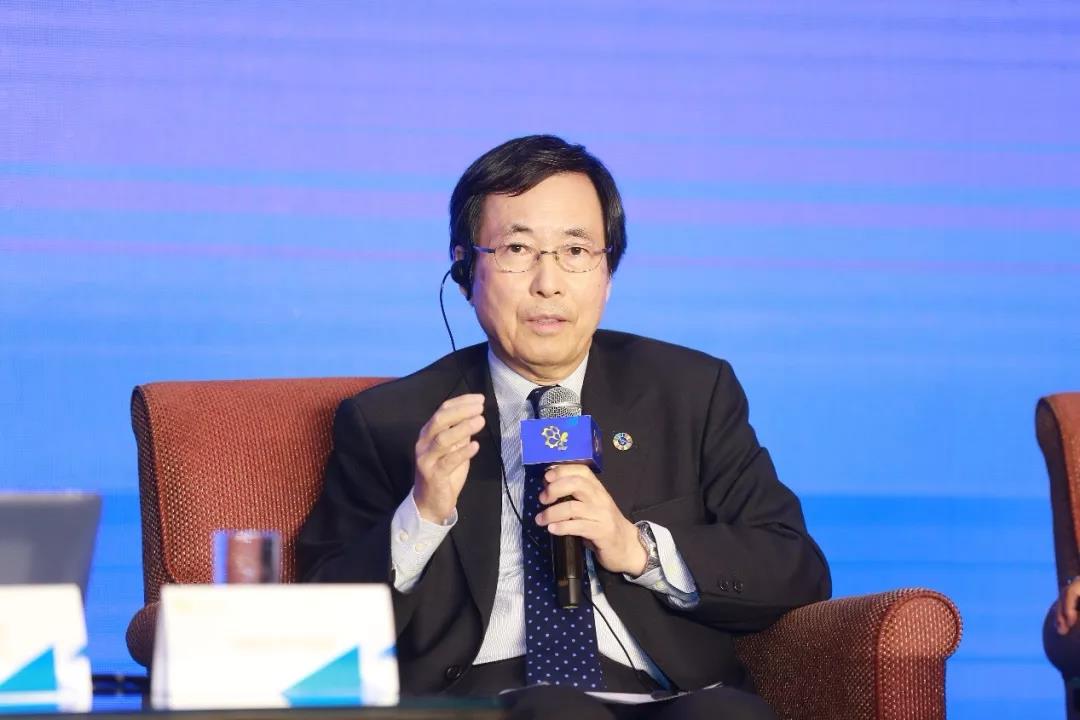
Mr. Masao SEKI shared the achievements of ISO 26000 in Japan. ISO 26000 has been translated into local standards and widely used in Japan. ISO 26000 is highly accepted in Japan, especially in the business sector, whether investors or consumers. The Guidance has also been used by Japanese companies as a bridge between the corporate charter of action and international standards.
Three years ago, the Japanese government launched the Society 5.0, which focuses on “people first” and this philosophy is consistent with the core principles of ISO 26000, that is, to achieve resource optimization and sustainable development. ISO 26000 is more comprehensive than other international standards. It is a very good tool for Japanese enterprises to understand CSR.
Indonesia
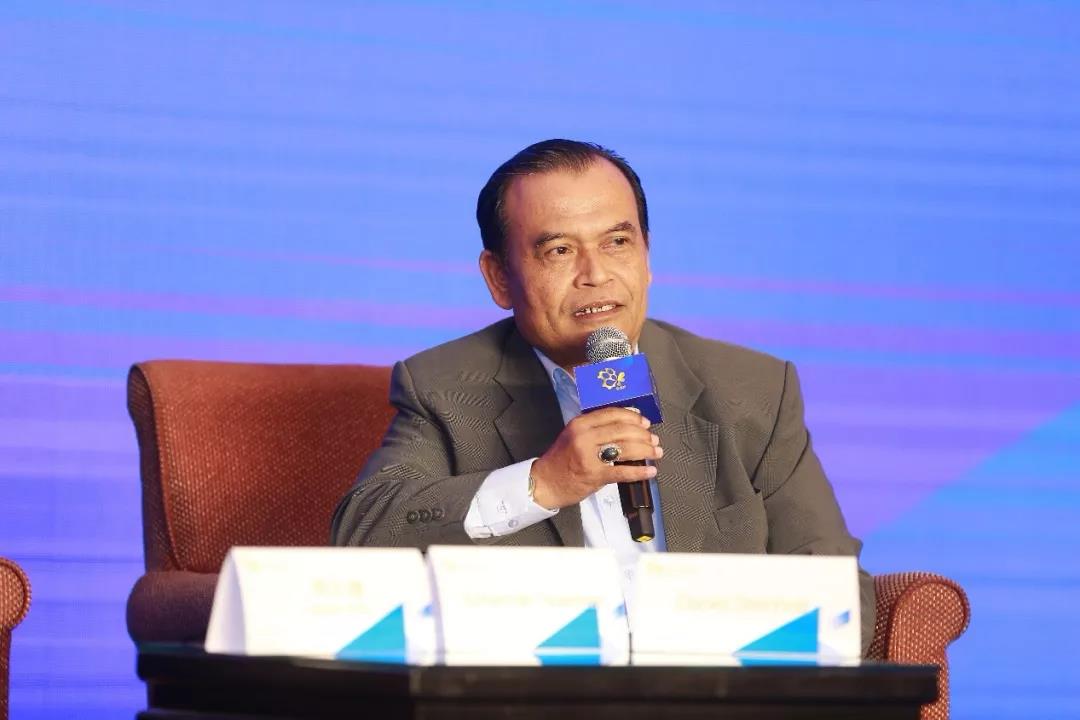
Another expert, Mr. Suharman Noerman briefed the audience on the development of ISO 26000 in Indonesia. He explained that at first some Indonesian companies thought ISO 26000 would be a new challenge in their business operations and questioned the opportunities offered by the Guidance. Therefore, the first task of CSR expert committee of Corporate Forum for community Development (CFCD) is to explain to enterprises how ISO 26000 can help them reduce operational risks and open up new market opportunities.
Then, the CFCD, which is responsible for promoting CSR among Indonesian stakeholders including government sector, introduces Indonesian CSR Awards (ICA), an award based on ISO 26000. CFCD also believes that ISO 26000 will be a very useful guide tool for Indonesian enterprises to fulfill CSR. In fact, at the beginning, only 40 Indonesian companies joined ICA in 2011 and the number increased to 120 in 2017. This is a remarkable achievement, and it has greatly inspired Indonesia to promote CSR. ICA becomes an award to corporate winner involving the Minister level, and its Awards Night is held every 3 years.
Sweden
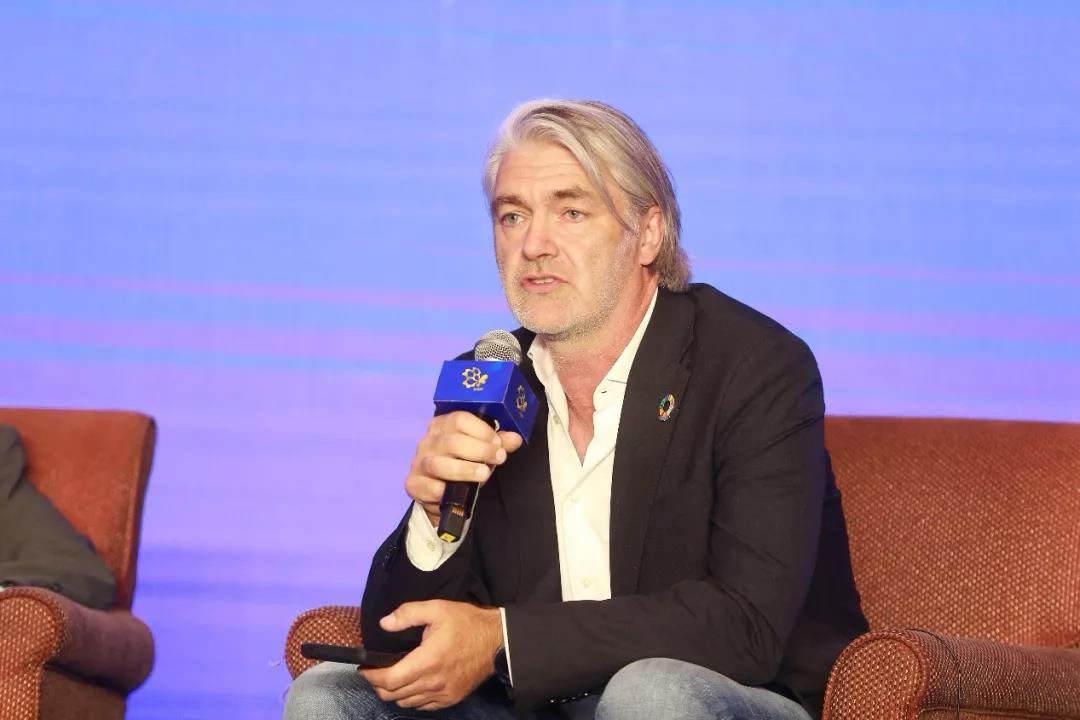
Mr. Daniel Steinholz introduced the situation of ISO 26000 in Sweden. As early as in the preparation of ISO 26000, the discussion on how to create a sustainable business model has attracted wide attention from all walks of life. Following the publication of the Guidance, Swedish enterprises generally called on to implement it.
Based on this, Sweden has developed a number of assessment tools to help enterprises conduct CSR practice assessment. At present, some large Swedish enterprises are required to publish CSR reports annually. Swedish practice has proven that it is feasible for companies to use ISO 26000 as a tool to assess their level of responsibility fulfillment, and relevant certification mechanisms are being further refined.
The Future of ISO 26000
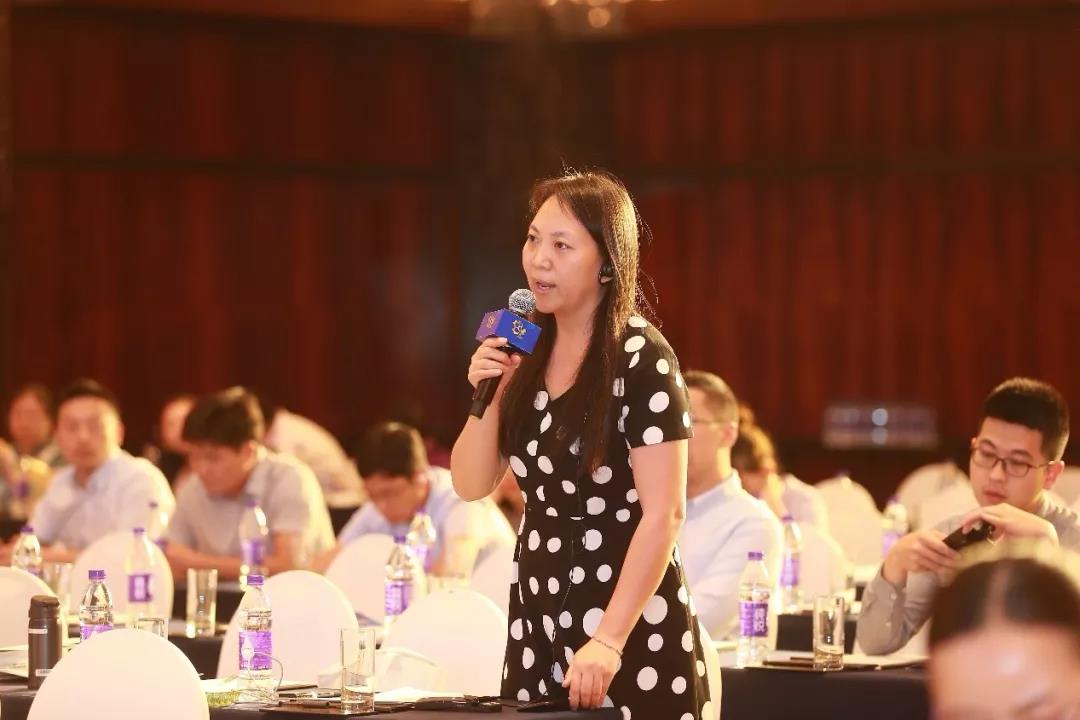
Through interaction with the audience, the guests shared their vision for the future of ISO 26000.
Firstly, social responsibility needs to be further integrated into the decision-making and daily operation of enterprises. As Masao SEKI said, "Social responsibility should not be misunderstood as compliance or charity". On the contrary, ISO 26000 can be a good tool for enterprise education, so that people from all walks of life can better understand the concept of CSR.
Secondly, we should continue to vigorously explore the value of ISO 26000 for enterprises. Mr. Steinholz shared that "ISO 26000 can play a greater role in the high-level decision-making of enterprises, help enterprises bring innovation power, improve the relationship among enterprises, suppliers and government, establish a responsible image of enterprises, and then gradually optimize the value chain, and finally improve the economic efficiency and sustainability of enterprises".
Thirdly, we should focus on the ISO 26000’s certification, promotion and relationship with government and other regulatory agencies. Although ISO 26000 cannot be used for certification, with ISO 26000 being recognized by more and more countries and being used by more and more enterprises to guide their CSR practices, the system has become a "third perspective" for enterprises to conduct self-check.
Mr. Kröder pointed out that he hoped that ISO 26000 would become a free tool in the future to help more individuals or organizations understand, use and improve it. Finally, Mr. Noerman, from the perspective of Indonesia's local experience, said that more government leaders should be encouraged to participate in ISO 26000. When this voluntary standard guidance is supported by local laws, it will be valued and promoted by more enterprises.
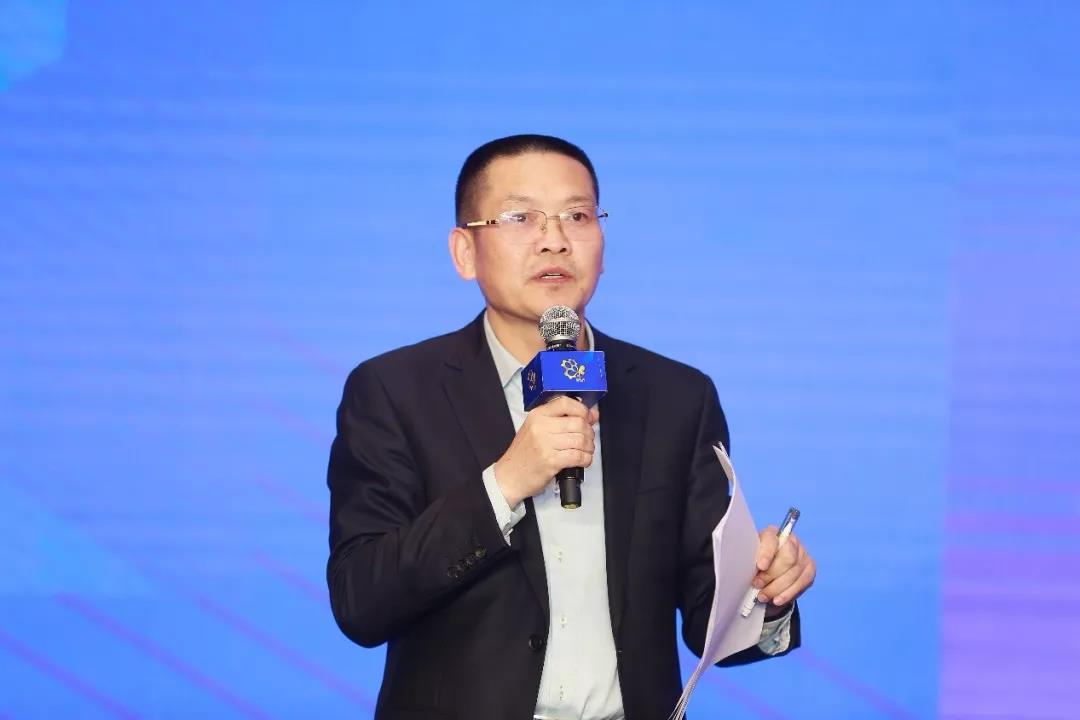
The global dialogue came to an end in a heated discussion. Mr. Yin gave s brief summary. Firstly, four experts introduced the achievements of ISO 26000 in their countries, which is instructive to further promote ISO 26000.
Secondly, experts have also given many guidance suggestions on how to use ISO 26000. It is very important to guide the participation of company executives. Finally, the combination of ISO 26000 and other principles provides a common language and consensus methodology for all CSR practitioners around the world.
Do you remember the lyrics? Bob Dylan also wrote that "I am younger than that now" in his other popular song, My BackPage. ISO 26000, which is about to celebrate its 10th anniversary, is also younger than that now. It is hoped that more people can understand this standard and share the value it brings.
Best Practices
- The 100-year brand — Air Liquide also has a sense of juvenile
- Beijing Public Transportation Corporation: Developing green transportation to build a harmonious and livable capital
- CGN: Building a modern factory in barren deserts and developing a new win-win cooperation model along “Belt and Road”
Upcoming Event

All the materials on the site “Source: XXX (not from this site)” have been reprinted from other media. They do not imply the agreement by the site.
All the materials with “Source: CSR-China Website” are the copyright of CSR-China Website. None of them may be used in any form or by any means without permission from CSR-China Website.
GoldenBee Official WeChat
Copyright © Csr-china.net All Right Reserved.
京ICP备19010813号










